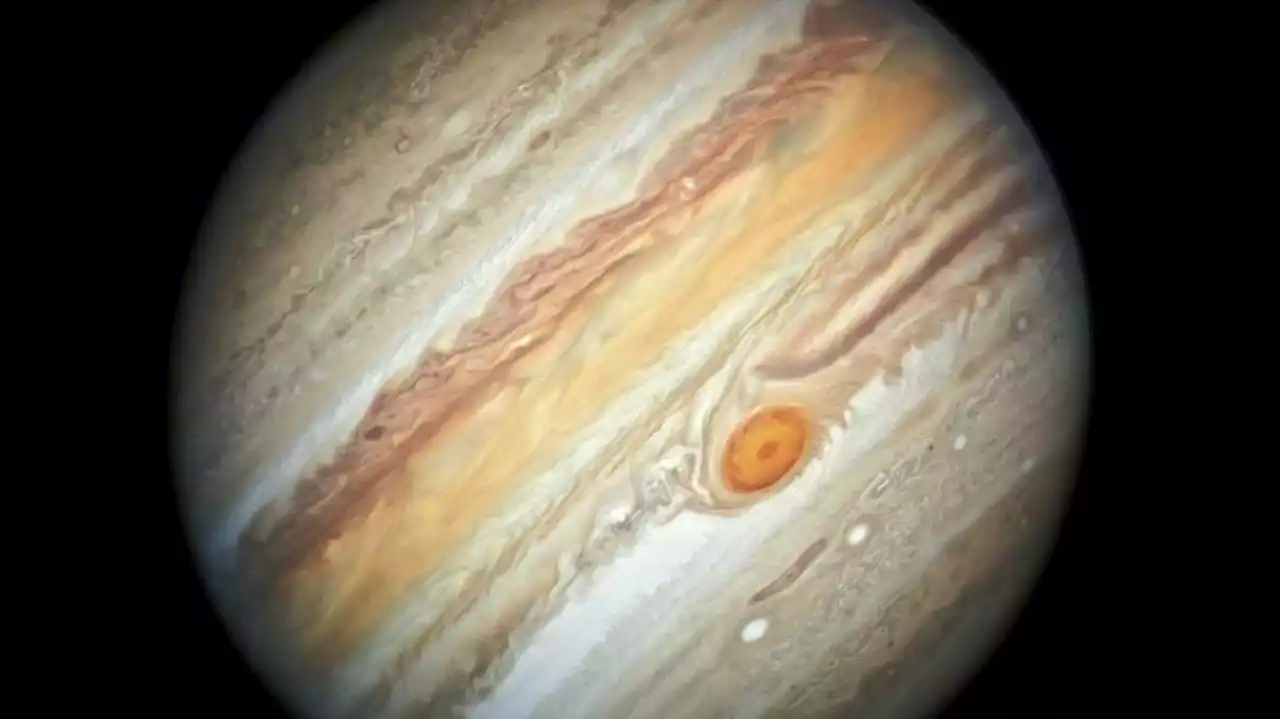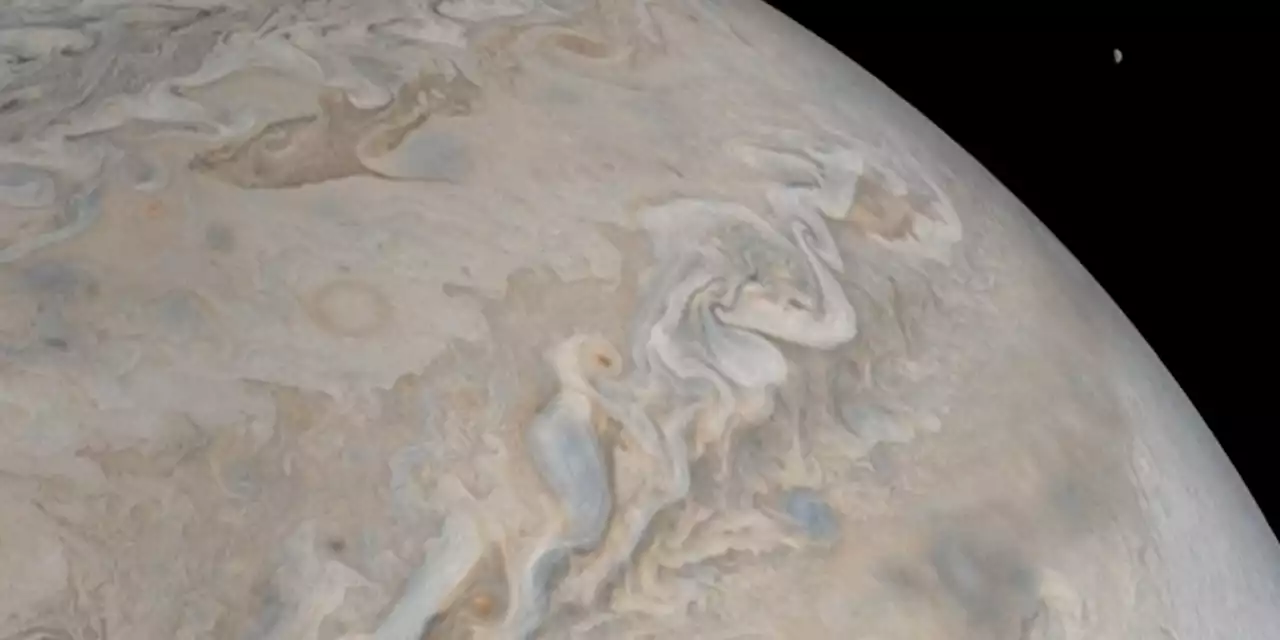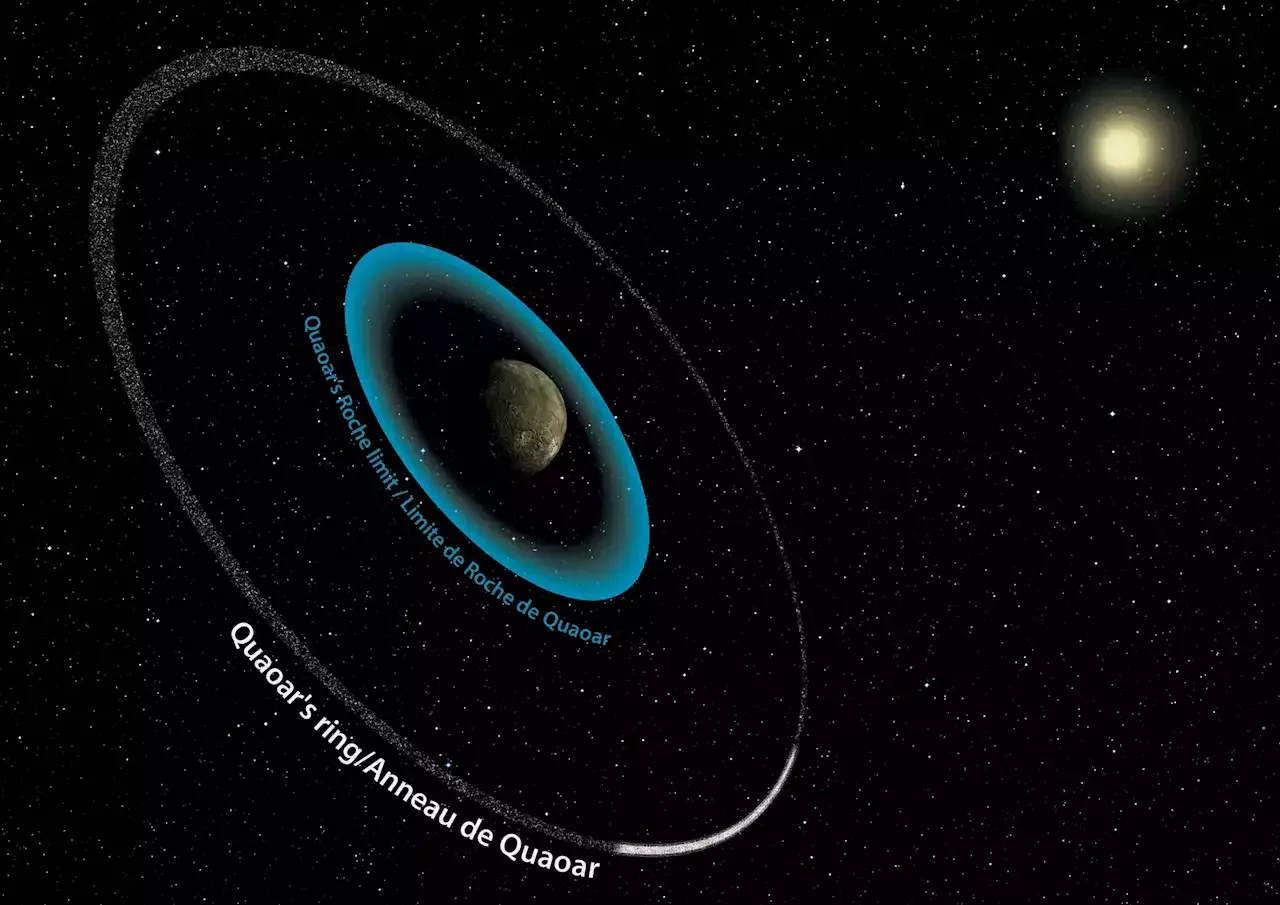ESA’s Cheops finds an unexpected ring around dwarf planet Quaoar During a break from looking at planets around other stars, the European Space Agency’s CHaracterising ExOPlanet Satellite (Cheops) mission has observed a dwarf planet in our own Solar System and made a decisive contribution to the dis
. The spacecraft has delivered such stunning accuracy in its stellar positions that the predictions made by the Lucky Star team has become much more certain.
The main issue was that the satellite’s trajectory can be slightly modified because of drag in the upper parts of the Earth’s atmosphere. This is due to the unpredictable solar activity that can hit our planet and puff up its atmosphere. This clarity proved decisive in recognizing Quaoar’s ring system because it allowed the researchers to eliminate the possibility that the drops in light were caused by a spurious effect in Earth’s atmosphere. By combining several secondary detections, taken with telescopes on Earth, it was possible to be certain that they were caused by a ring system surrounding Quaoar.
“So, what is so intriguing about this discovery around Quaoar is that the ring of material is much farther out than the Roche limit,” says Giovanni Bruno, INAF’s Astrophysical Observatory of Catania, Italy.
United States Latest News, United States Headlines
Similar News:You can also read news stories similar to this one that we have collected from other news sources.
 Whoa: Astronomers Find New Ring System in the Outer Solar SystemQuaoar, a dwarf planet, has a ring system twice as far out as previously thought possible.
Whoa: Astronomers Find New Ring System in the Outer Solar SystemQuaoar, a dwarf planet, has a ring system twice as far out as previously thought possible.
Read more »
 Jupiter's moon count jumps to 92, most in solar systemAstronomers have discovered 12 new moons around Jupiter, putting the total count at a record-breaking 92. That's more than any other planet in our solar system.
Jupiter's moon count jumps to 92, most in solar systemAstronomers have discovered 12 new moons around Jupiter, putting the total count at a record-breaking 92. That's more than any other planet in our solar system.
Read more »
 A Bold Plan to Beam Solar Energy Down From SpaceWhether you're covering deserts, ugly parking lots, canals, or even sunny lakes with solar panels, clouds will occasionally get in the way—and every day the sun must set. No problem, says the European Space Agency: Just put the solar arrays in space.
A Bold Plan to Beam Solar Energy Down From SpaceWhether you're covering deserts, ugly parking lots, canals, or even sunny lakes with solar panels, clouds will occasionally get in the way—and every day the sun must set. No problem, says the European Space Agency: Just put the solar arrays in space.
Read more »
 Jupiter officially has the most moons in the solar system, discovery of 12 new satellites confirmsTwelve newly confirmed moons bring Jupiter's total to 92, surpassing Saturn's 83 moons.
Jupiter officially has the most moons in the solar system, discovery of 12 new satellites confirmsTwelve newly confirmed moons bring Jupiter's total to 92, surpassing Saturn's 83 moons.
Read more »
 Jupiter now has the most moons in the solar systemThis new discovery brings the total number of confirmed moons around Jupiter to 92.
Jupiter now has the most moons in the solar systemThis new discovery brings the total number of confirmed moons around Jupiter to 92.
Read more »
 Jupiter now has the most moons in the solar systemAstronomers say they've determined Jupiter has the most moons in solar system.
Jupiter now has the most moons in the solar systemAstronomers say they've determined Jupiter has the most moons in solar system.
Read more »
